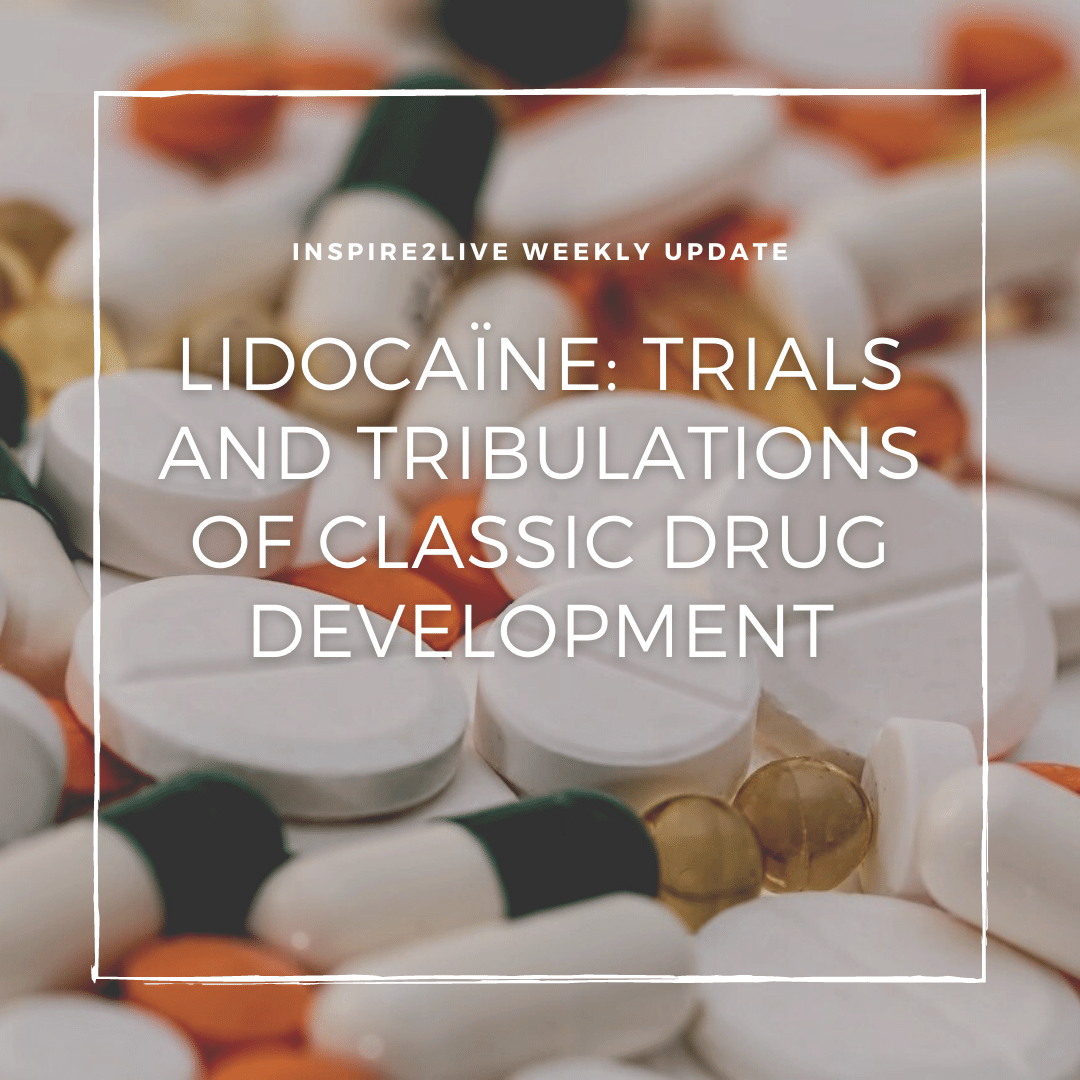In early 2020, when Covid-19 was rapidly developing into a disastrous pandemic, many patients died of Acute Respiratory Distress Syndrome, a condition of the lungs caused by an over-reaction (cytokine storm) of the immune system. It was pointed out at the time that a common drug, Lidocaine (70 years old, dead cheap, administered billions of times by dentists as a pain killer), had a remarkable side effect, in that it counteracted the cytokine storm. This was subsequently tested by a small number of specialists, both in The Netherlands and in Japan, with complete success. However, these tests did not constitute a formal trial. Recently a more formal cohort has been tested in Spain.
At the time Peter Kapitein got involved in an attempt to set up a clinical trial, which in the end did not succeed, due to political and financial reasons. Many research groups had already embarked on some drug of their own and were reluctant to take on extra work, or help a potential competitor. A major obstacle was also the lack of research into this specific property of Lidocaine, so there was no answer to the question: “Do we know why it works at all?” Fortunately a few other drugs (e.g. Dexamethasone) with similar effect were found, so many patients could still be saved. Later it also became known that Lidocaine is more effective than the usual opiates like morphine in the pain treatment of Pancreatitis and Pancreatic Cancer.
This is a typical example of the way in which the strict and mechanical application of the rules for drug development and testing have become an obstacle to rapid innovation. The important questions:
- Is it safe
- Does it work
- Why does it work
are perfectly reasonable and justified, most certainly in the case of a drug that is going to be administered millions of times. But their drawback is that they put the drug at the center instead of the patient. We would rather ask slightly different questions, as mentioned below:
- What do we know about this patient with this disease
- Which are safe possible treatments, and which ones are most likely to succeed
- What was the actual result for the patient
This way of working entails a significant methodological challenge: “Is a Randomized Control Trial the only way to establish the effect of a drug or is it possible to gain insights from the actual treatments in the clinic and modern data analysis, of the results and variations?”. We submit that it is not a question of scientific logic but of scientific habit, and we intend to take on this challenge in an upcoming project we call Open Source Pharma.
But back to the Lidocaine story:
It is our and everybody’s good luck that Peter Kapitein has the survivability of a tank (if it is not burned out it goes on working). This has led to four very hopeful follow-ups that are being initiated right now:
- A phase II study (LIDOPAN), initiated and funded by Inspire2Live is underway into the use of Lidocaine in pain management for Pancreatitis and Pancreatic Cancer
- A friend of Inspire2Live, Dave Tuveson, one of the most advanced researchers into cancer and cell biology, has taken it upon himself, in the case that LIDOPAN is successful, to get to the bottom of the mechanism of Lidocaine, thereby opening up future possibilities
- A Citizen Science project in The Netherlands is considering Lidocaine for first line treatment of Covid-19
- The Inspire2Live World Campus, together with the World Health Organization have taken up pain management as a primary goal (together with prevention and revalidation). Dave Tuveson will likely play a leading role in this project. The World Campus is totally committed to this great challenge.
Tielo Jongmans
Henk van Kranen
Gaston Remmers
Patient Advocates Inspire2live
References and further reading
- For the scientific complexities of Lidocaine see: Henk van Kranen; Lidocaine & Inflammation
- For the Spanish Cohort trial see: Diaz Vera, M., Terrones Santa Cruz, J., Forttini Headrington, A., Cerna Paz, J., Quintanilla Rios, L., and Medina Melendez, M. (2020); ‘Lidocaine to reduce the severity of covid-19 cases’
- www.terapianeural.com
- For Open Source Pharma in a Nutshell see Piarella Peralta ea
For the Citizen Science project see Gaston Remmers ea www.mdog.nl/covid19

